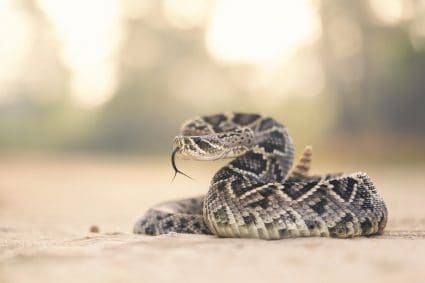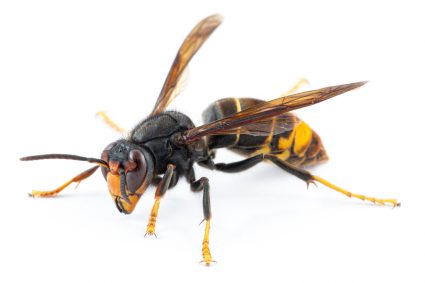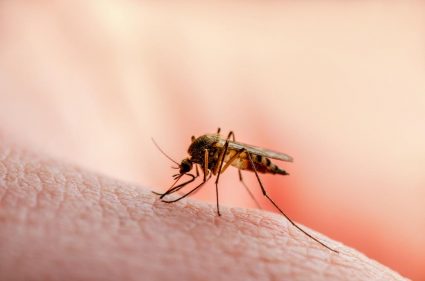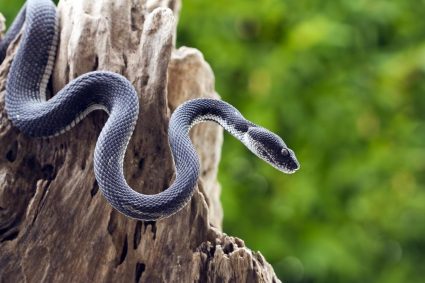
Deer might be beautiful creatures, but when they start nibbling on your favorite plants, they become less appealing. If you’re tired of seeing your hard work being destroyed by these four-legged intruders, it’s time to take action. There are various commercial and homemade sprays you can use to deter deer, and in this article, we will explore the most effective ones, how to use them, and precautions to take.
To keep deer away, you can use commercial deer repellent sprays like Deer Out Concentrate Deer Repellent and Bobbex Concentrated Deer Repellent. Alternatively, you can make homemade sprays using ingredients like essential oils, eggs, cooking oil, dish soap, milk, hot sauce, and garlic. These sprays work by targeting the deer’s sense of smell and taste with unpleasant or danger-associated scents. Always remember to reapply the sprays after rainfall or every two weeks for maximum effectiveness.
Commercial Deer Repellent Sprays
There are several deer deterrent sprays available in the market. Two of the most effective ones include:
- Deer Out Concentrate Deer Repellent: This natural, long-lasting deer repellent has a minty fresh scent, which is pleasant to humans but repels deer. It is rain-resistant and safe for use around children and pets. However, it may need to be reapplied after heavy rain or every 30 to 90 days for maximum effectiveness.
- Bobbex Concentrated Deer Repellent: This repellent is made from natural ingredients and is highly effective against multiple species of deer. It comes in a 2.5-gallon liquid concentrate and needs to be reapplied after heavy rain or every 30 to 90 days for maximum effectiveness.
When choosing a deer repellent, consider factors such as the type of repellent, climate resistance, and versatility. It’s also essential to follow the application instructions and reapply the repellent as needed, especially after rain or irrigation.
Homemade Deer Repellent Sprays
If you prefer a more DIY approach, there are several homemade spray solutions you can concoct to deter deer:
- Essential Oil Deer Repellent: Mix 8 ounces of white vinegar with 6 drops of peppermint essential oil and 4 drops of rosemary essential oil. Spray this mixture onto plants, but avoid spraying anything you plan to eat.
- Egg-Based Deer Repellent: Beat an egg in a bowl and pour it into an empty 16-ounce spray bottle. Add 1 tablespoon of cooking oil, 1 tablespoon of dish soap, and 1/2 cup of milk to the bottle with the egg. Fill the bottle halfway with water, then close the lid tightly. Shake the bottle to mix the contents together. Store the spray in the refrigerator until ready to spray it outside.
- Hot Sauce and Garlic Spray: Blend together 3 tablespoons of hot sauce, 3 raw eggs, and 3 tablespoons of minced garlic. Add a little bit of water to lessen the thickness. Then, add the mixture to 1 gallon of water and spray around your plants.
Remember to reapply these sprays after rainfall or every two weeks to maintain their effectiveness.
How do Deer Repellent Sprays Work?
Deer repellent sprays work primarily by targeting the heightened senses of smell and taste in deer. These sprays contain ingredients that deer find unpleasant or associate with danger, thereby deterring them from approaching or consuming plants treated with the spray.
Safety Precautions
When using these sprays, it’s important to take some precautions to ensure safety:
- Always read the label on the product you are using.
- Wear protective clothing to avoid any skin contact with the spray.
- Make sure the area is well-ventilated when spraying.
- Store sprays in a cool place, away from sunlight.
- Avoid spraying outdoors on windy or rainy days.
Conclusion
Deer can be a nuisance, especially if they are causing damage to your garden. Fortunately, there are various sprays available that can effectively keep them at bay. By understanding how these sprays work and following the necessary precautions, you can protect your garden from these unwanted visitors.
Remember, the effectiveness of these methods can vary depending on the local deer population and their feeding habits. It may be necessary to use a combination of methods and to reapply or replace deterrents regularly for the best results.
Frequently Asked Questions
Can deer repellent sprays harm the plants in my garden?
No, deer repellent sprays are designed to be safe for plants. They deter deer without causing any harm to the flora. However, always follow the application instructions on the product label.
Are deer repellent sprays harmful to other animals or pets?
Most commercial deer repellent sprays are made from natural ingredients and are safe for other animals and pets. However, it’s always a good idea to check the product label for any specific warnings or precautions.
How often should I use homemade deer repellent sprays?
Homemade deer repellent sprays should be reapplied every two weeks or after rainfall to maintain their effectiveness.
Can I use these deer repellent sprays on edible plants?
For the homemade sprays listed above, avoid spraying anything you plan to eat. For commercial sprays, refer to the product label for specific instructions regarding use on edible plants.
What time of the day is best to apply deer repellent sprays?
It is best to apply deer repellent sprays in the early morning or late afternoon when the temperature is cooler. This helps to ensure that the spray doesn’t evaporate quickly and is more effective.











